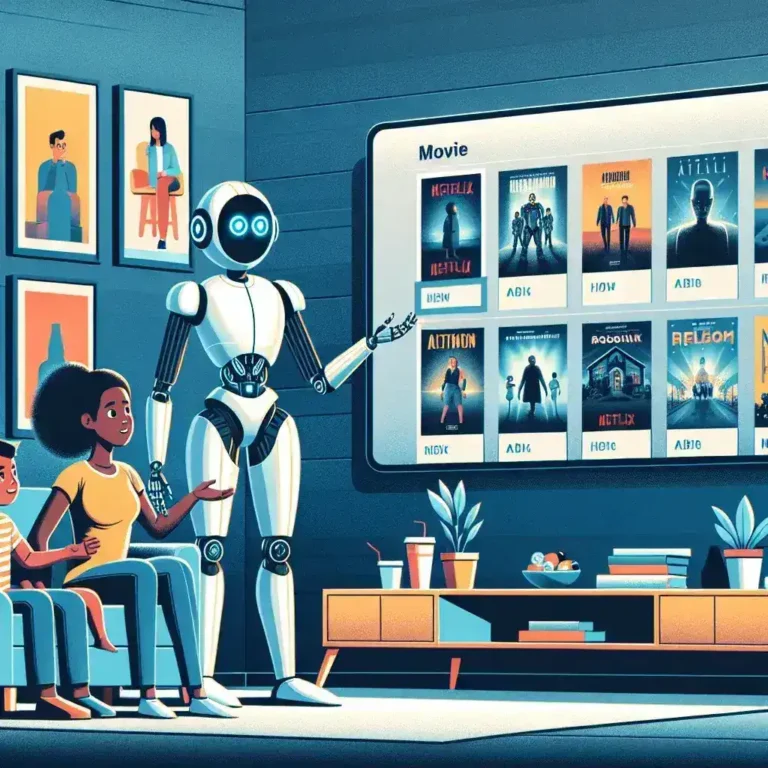Introduction
In an age where digital communication is integral to children’s social lives, Meta has taken a significant step towards safeguarding young users by introducing AI-powered parental dashboards in the Messenger Kids app. This innovative feature aims to provide parents with enhanced control and insight into their children’s online interactions, aligning with growing concerns about digital safety and mental well-being.
The Evolution of Digital Parenting
Over the past decade, the digital landscape has evolved dramatically. With children accessing online platforms at increasingly younger ages, the responsibility of ensuring their safety has shifted towards parents. Traditional methods of monitoring children’s online activities are becoming obsolete, necessitating the development of more sophisticated tools.
Historical Context
Messenger Kids was first launched in 2017 as a child-friendly version of Facebook Messenger, designed for children aged 6 to 12. The app allows kids to connect with friends and family in a safe environment, with parental oversight. As the app gained traction, parents expressed a need for more robust monitoring tools to manage their children’s online interactions.
Features of the AI-Powered Parental Dashboard
The new AI-powered parental dashboard is a response to these demands, incorporating advanced technology to give parents clearer insights into their children’s usage patterns. Here are some of the key features:
- Activity Monitoring: Parents can view their child’s messaging activity, including who they are communicating with and the frequency of these interactions.
- Content Filtering: The AI system can analyze messages for inappropriate content and alert parents if concerning language is detected.
- Time Management: Parents can set limits on how long their children can use the app, promoting healthy screen time habits.
- Customizable Alerts: The dashboard allows parents to customize notifications based on their child’s activities, keeping them informed without being intrusive.
How the AI Works
At the heart of this new feature is a sophisticated AI algorithm that learns from user behavior. By analyzing communication patterns, the AI can identify potential risks and flag them for parental review. This proactive approach not only enhances safety but also empowers parents with actionable insights.
The Pros and Cons
While the introduction of AI-powered parental dashboards presents numerous advantages, it is essential to consider the potential downsides:
Pros
- Enhanced Safety: By leveraging AI, parents can monitor their children’s activities more effectively, providing peace of mind.
- Encouraging Healthy Habits: Features like time management can help instill positive screen time habits from a young age.
- Empowering Parents: The dashboard equips parents with the tools to engage in meaningful conversations about online safety with their children.
Cons
- Privacy Concerns: There may be apprehension regarding how much monitoring is appropriate and the potential invasion of privacy for children.
- Dependency on Technology: Relying heavily on AI tools might detract from parental guidance and open discussions about online behavior.
The Future of Digital Parenting
As technology continues to evolve, so too will the tools available to parents. AI-powered dashboards are just the beginning. Future updates may incorporate more advanced features, such as real-time analytics and personalized reports based on individual children’s behavior.
Predictions for the Next Five Years
Experts predict that tools like Meta’s parental dashboard will become commonplace, with increasing emphasis on data privacy and ethical AI use. As awareness of digital safety grows, more parents will seek solutions that not only monitor but also educate children about safe online practices.
Real-Life Examples
Consider the case of Sarah, a concerned mother of two young boys. After implementing the AI-powered dashboard, she noticed a significant reduction in screen time and improved communication with her children regarding their online activities. Sarah feels more equipped to address any concerns and maintain a balance between freedom and safety.
Cultural Relevance
In today’s digital age, parental guidance in navigating online spaces is crucial. The integration of AI in parental controls highlights the intersection of technology and parenting, reflecting a cultural shift towards embracing digital literacy as a shared responsibility between parents and tech companies.
Expert Insights
According to Dr. Emily Carter, a child psychologist specializing in digital behavior, “Tools like the AI-powered parental dashboard are essential in fostering a safe digital environment for children. They not only help in monitoring but also facilitate open discussions between parents and kids on what’s acceptable online.”
Conclusion
Meta’s introduction of AI-powered parental dashboards in the Messenger Kids app represents a significant advancement in the realm of digital parenting. By providing parents with effective monitoring tools, the platform aims to ensure a safer online experience for children. As technology continues to shape the way families interact, embracing these innovations is key to promoting responsible online behavior and maintaining healthy communication between parents and children. The future of digital parenting is here, and it is powered by AI.



